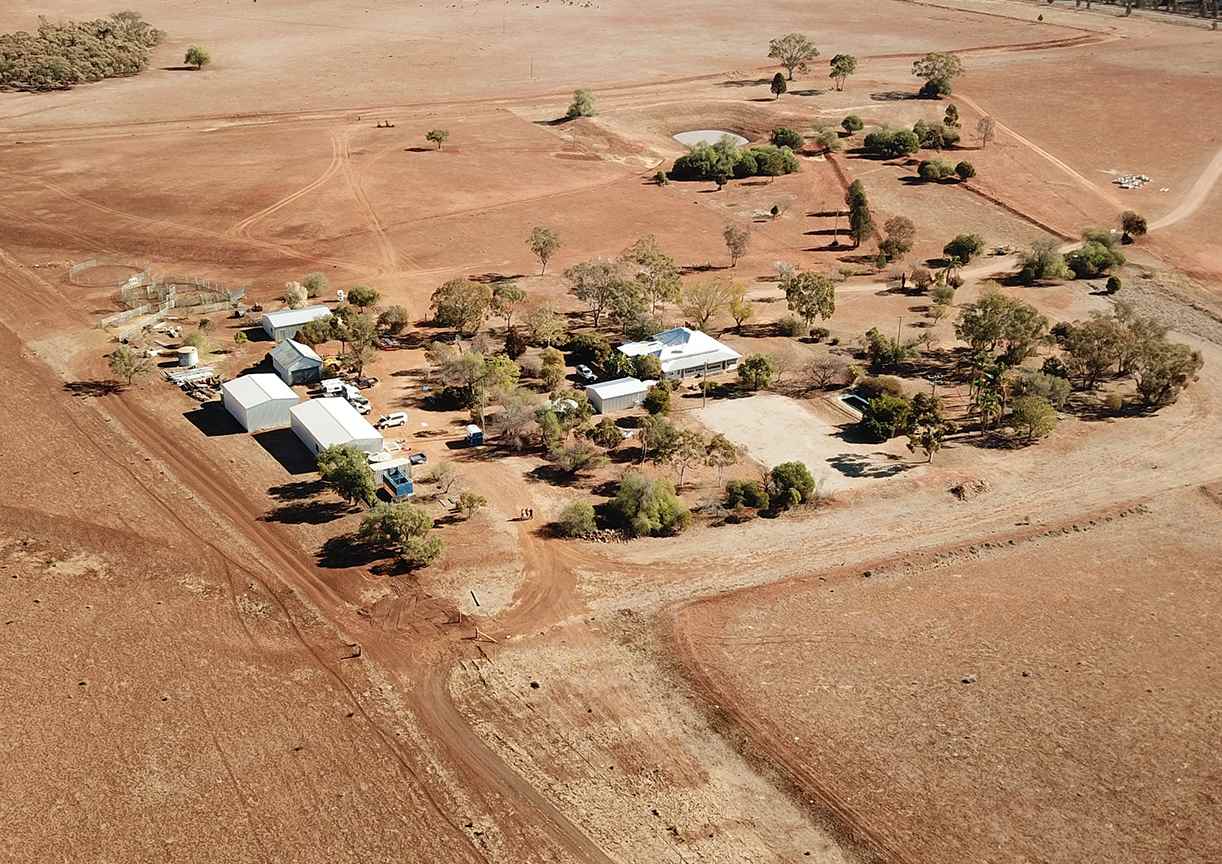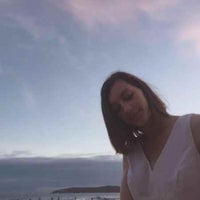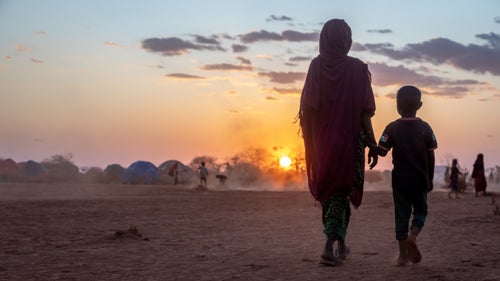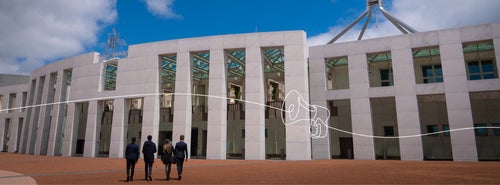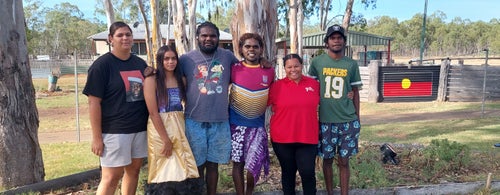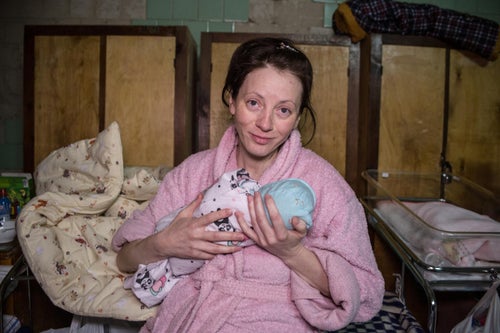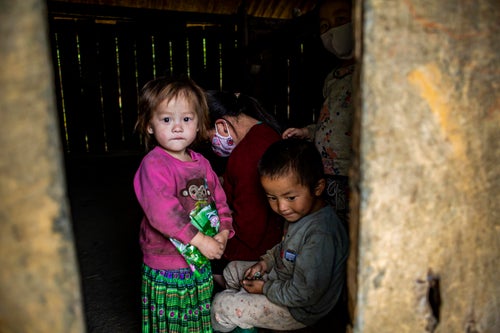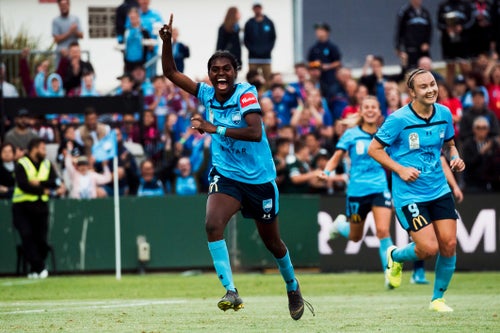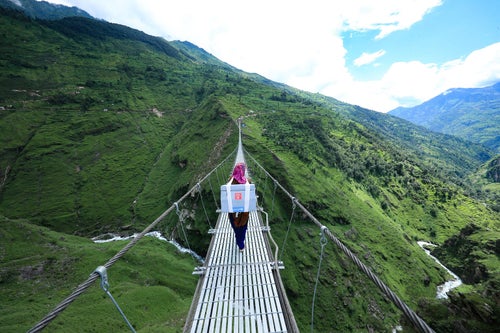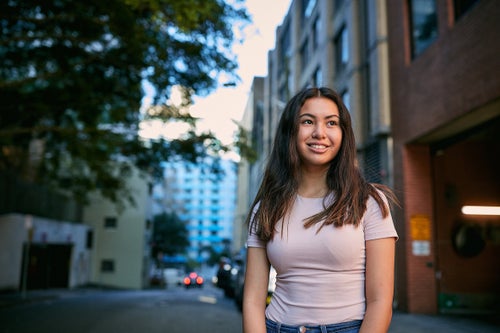The word Walgett means "the meeting of two waters". It's ironic because a crippling prolonged drought has left the town's local rivers without a drop for some time.
About 650 kilometres from Sydney, the town of Walgett is battling what some are calling the worst drought in living memory.
Paddocks are tiled with cracked dirt and the once flowing dams and lakes are now mostly dry and empty. It is a desolate image, and one that so many other nearby towns are familiar with.
While parts of Queensland are currently experiencing dreadful floods, temperatures across the entire New England region of New South Wales have continued to soar over summer with little rain for reprieve.
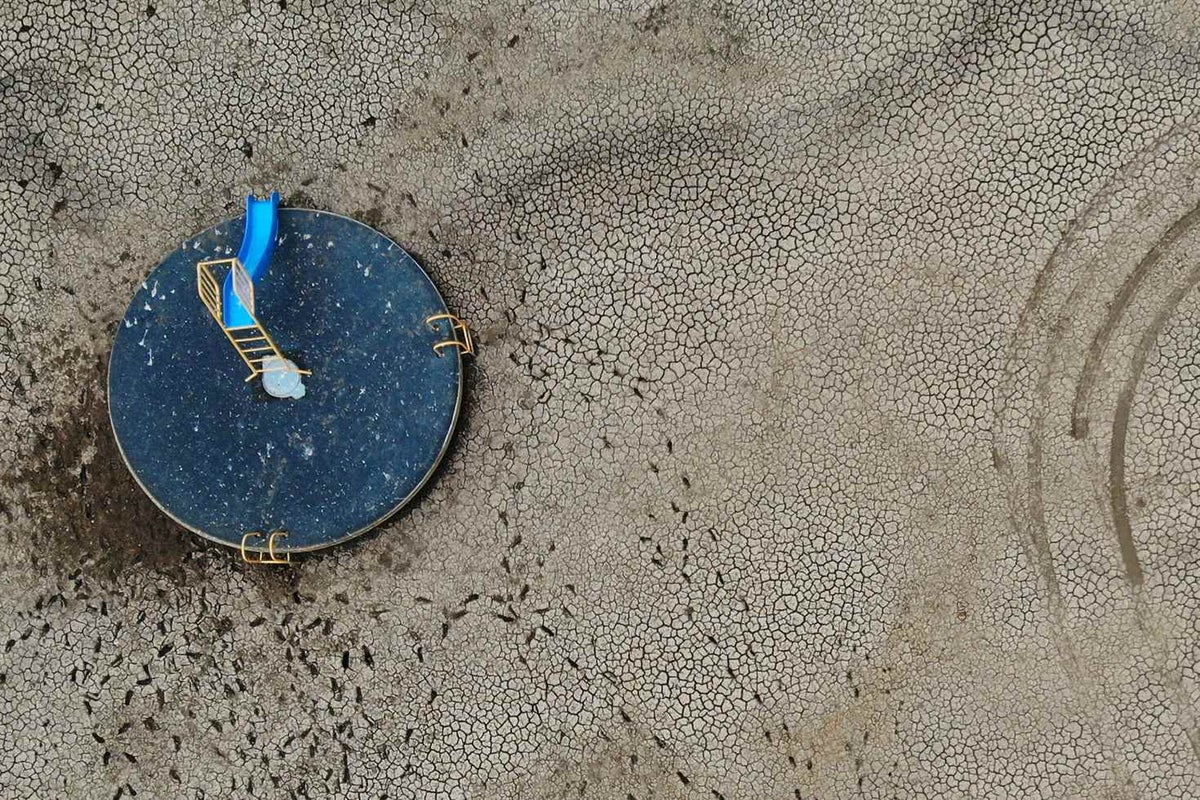
Families in these towns are doing it tough. Farmers are stretched to the brink - both financially, physically and emotionally - and spending the majority of each day hand-feeding herds of cattle due to the lack of grass and water.
There has been a lot of talk on the enormous pressures farmers are facing, the impact the drought has had on land and livestock. But what has been missing in the discussion on the ‘Big Dry’ is: How is the drought impacting children?
To address the gap, UNICEF Australia spoke to students in the NSW New England region in schools in Gunnedah, Narrabri, Walgett and Tamworth.
We spoke to young children who had never seen anything but dirt and dust, senior students who were extremely anxious about their futures and boarding students who sometimes preferred to be at school than at home facing the realities of the drought.
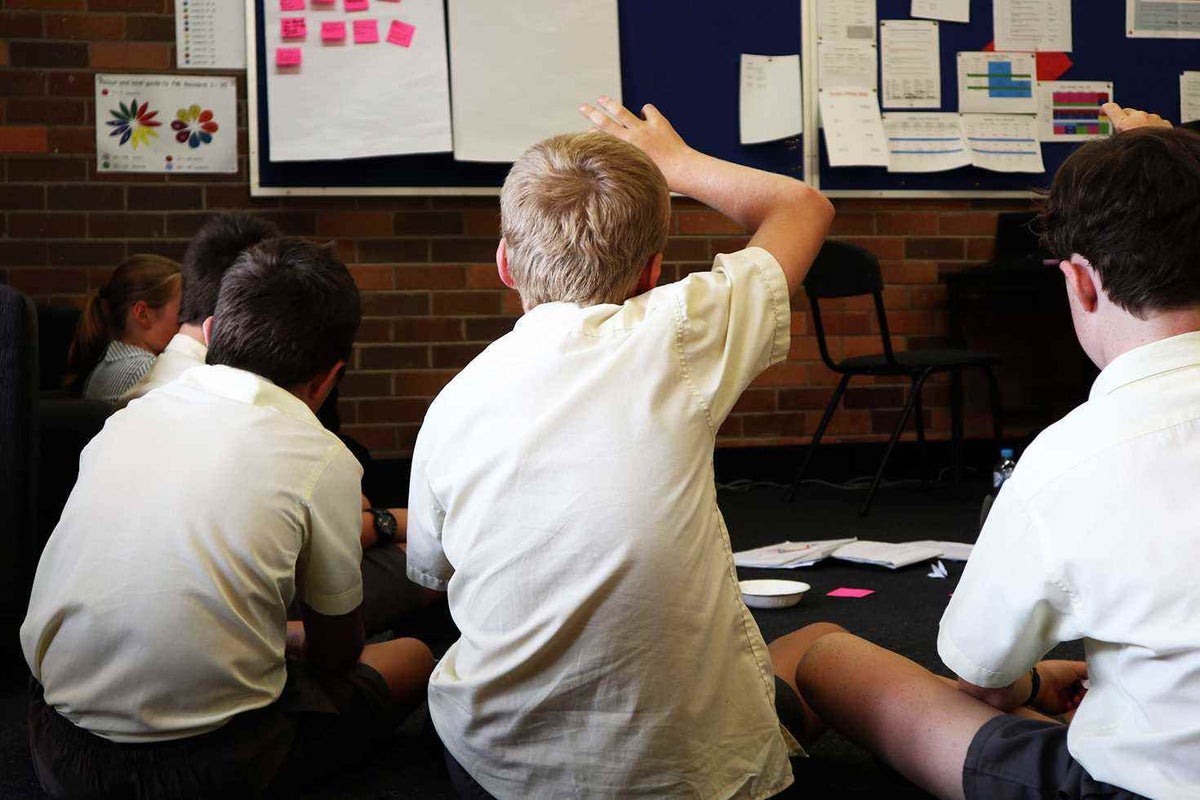
In their words, this is what they told us:
ABOUT GROWING UP & THE FUTURE:
"Everyone's had to step up. Like, with stuff I previously hadn't done, being forced to do."
- “There’s more pressure on you than there should be. Which is awful going through year 11 and 12. Anxiety is high enough as it is, nevermind trying to deal with what’s going on at home.” - (Girl, Year 11/12)
- “It's just the thought of, like, what are my other choices? If this is going to continue for as long as they think it's gonna continue?" - (Girl, year 11/12)
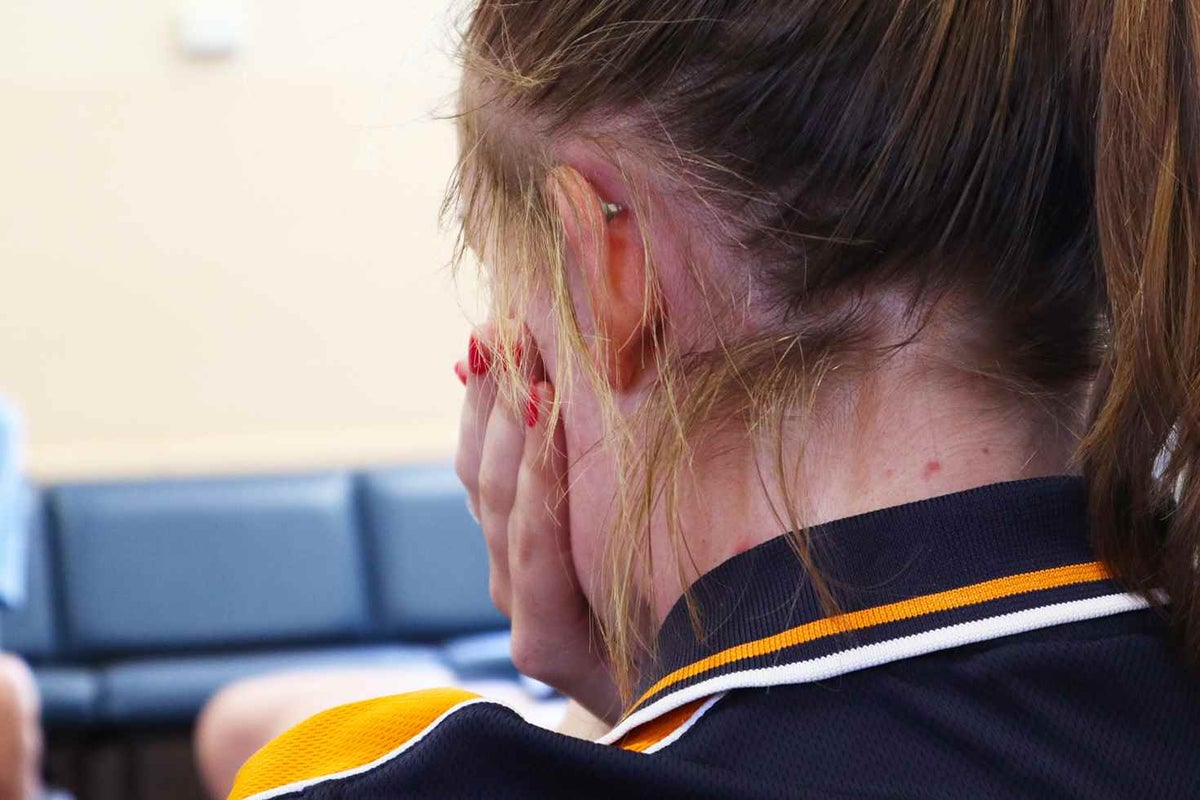
ABOUT HOMELIFE:
"You have to take care of [the animals] more than you take care of yourself..."
- “My father and my grandfather are feeding cattle for about three hours every day so you don’t get to see them in the morning and they’re always tired and grumpy so the home environment isn’t the best.” - (Girl, Year 9)
- “You have to take care of [the animals] more than you take care of yourself or your family… you have to focus on them because they’re part of the income.” - (Boy, Year 9)
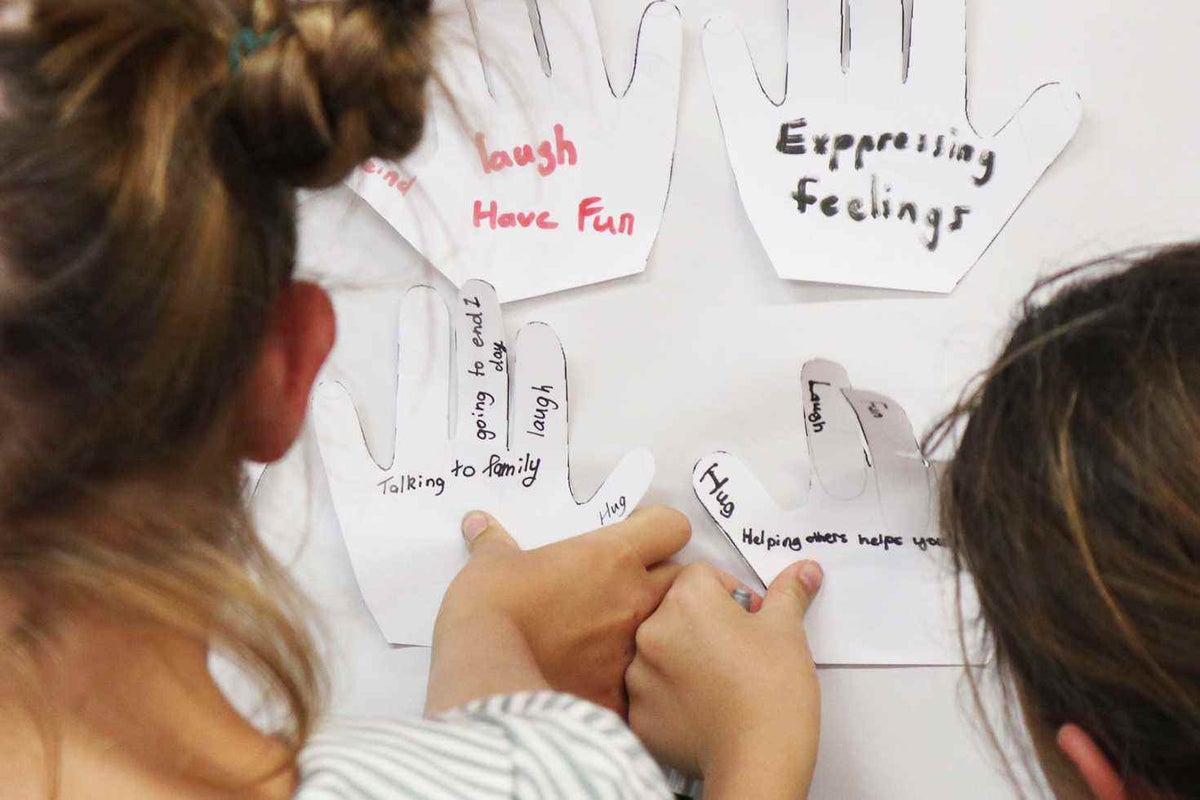
ABOUT ANIMAL SUFFERING:
"You have a whole new outlook. A cow becomes just a commodity."
- “Before we shot the cattle, we...had to [for evidence] video a cow [trying to] drink water… Anyway, this cow couldn’t remember how to drink water and it just tipped the bucket over and was struggling and stuff, and then we had to shoot it. Like, we had to watch it struggle and then shoot it…” (Girl, Year 10, crying)
- “Before the start of this year I’d never shot a lamb in my life - and I’ve done probably about 50 or so this year…. I’d never had to do that before. But it is just normal now. At first, I didn’t want to do it. I’d cry sort of thing. But now it’s just easy. You just do it.” - (Boy, Year 10)
- “You start to get into the mindset where all you think about is money. Every time you see a cow, it’s just, that’s money. It’s no longer a cow, it’s just money. That’s all it is. Seed is money. The farm needs money. That’s the part that stresses you out. You have a whole new outlook. A cow becomes just a commodity.” - (Boy, Year 10)
ABOUT WHAT THEY SEE:
"Everything's just brown. There's no green. Just dust and dirt."
- “You look across a paddock and there’s nothing there? Like, it’s just dirt. And you see like a mirage… just dead lands everywhere...dead animals.” - (Boy, Year 10)
- “It’s the most depressing thing. You get off the bus and you’re driving down the driveway and it’s just dust. And you only really notice it when you go to the coast and you drive over the mountains and it’s just green… It’s sad to think that I’m saying ‘wow, it’s green!’ if that makes sense.” - (Girl, Year 10)
Learn more about UNICEF Australia's Drought Report in the video below:
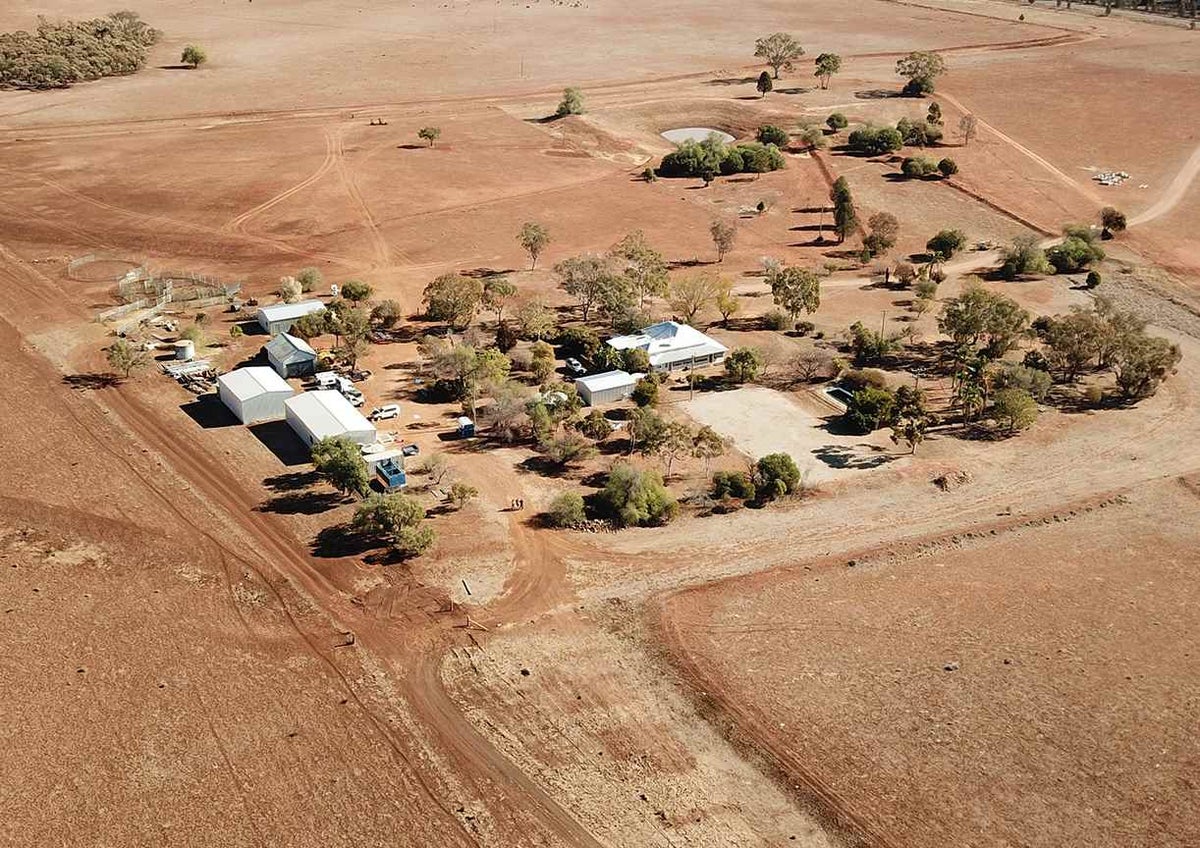
UNICEF Australia - Drought Report
Related articles
Stay up-to-date on UNICEF's work in Australia and around the world



